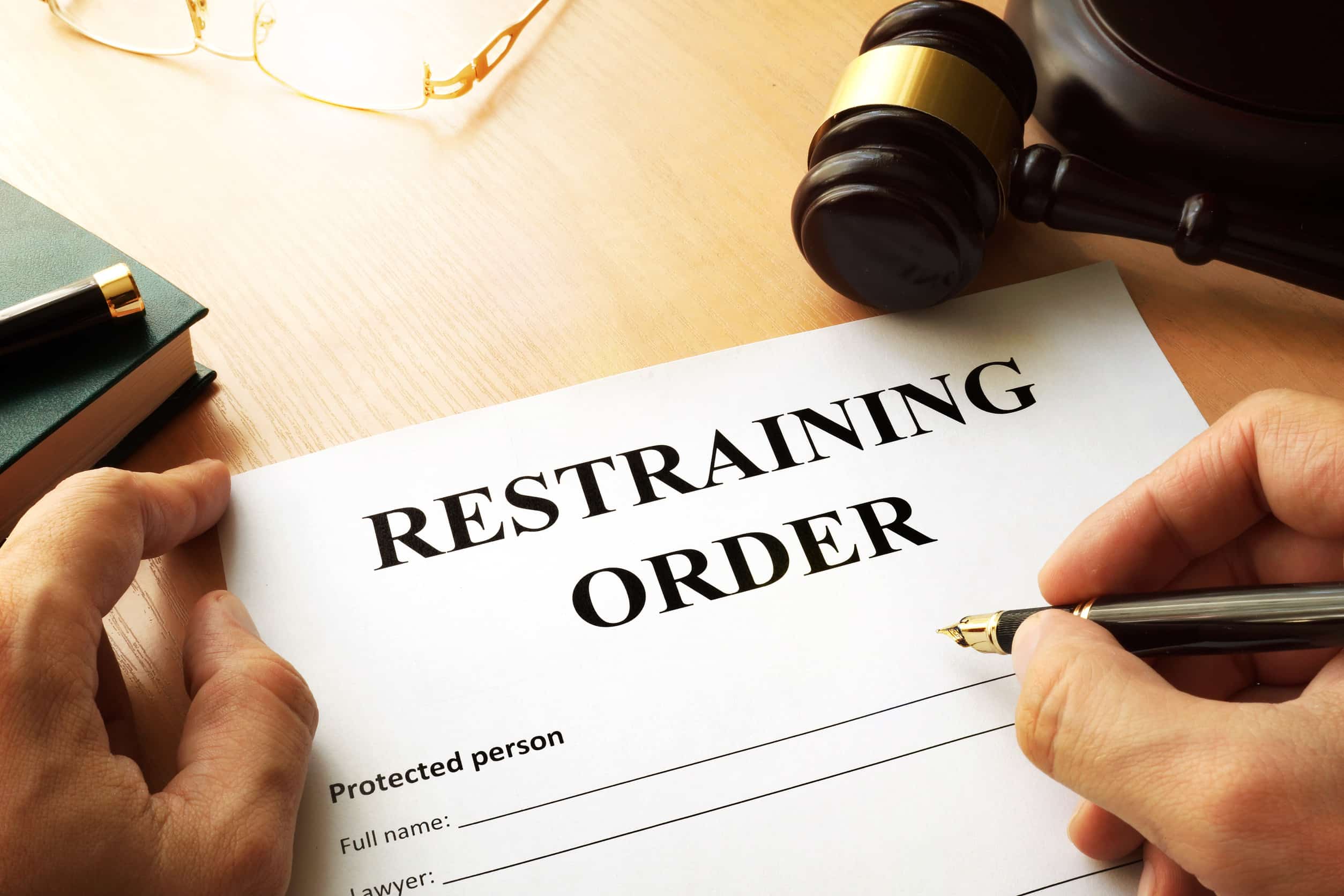Restraining orders play a major role in Colorado domestic violence cases, designed to protect alleged victims and prevent further conflict. However, these orders can also lead to confusion and unintended violations, especially when the terms are unclear or communication happens through third parties or shared responsibilities such as child custody. What may seem like a harmless text message, a social media interaction, or even an unplanned encounter can result in criminal charges for violating a court order.
Our robust defense team at the Law Office of Kimberly Diego can provide strategic representation if you are accused of violating restraining orders tied to domestic violence allegations. A Colorado defense lawyer knows how restraining orders work, what counts as a violation, and the defenses available when your freedom and reputation are on the line.
Read on to learn more about available defenses for your conviction of violating restraining orders in Colorado.
When Are Restraining Orders in Colorado Issued in Domestic Violence Cases
In Colorado, restraining orders, also called protective orders, are issued to prevent contact between individuals when the court believes there is a risk of harm, harassment, or intimidation. These orders are especially common in domestic violence cases, where tensions are high and emotions can lead to allegations of abuse or threats. A restraining order can be issued at several different stages of a case, such as in the following:
- Immediately after an arrest for the alleged domestic violence charge
- Upon request by the alleged victim, even before or without a criminal charge being filed.
- During or After Criminal Proceedings, a protection order may be extended or made permanent as part of sentencing.
- As a condition of bond or probation
Violating a restraining order in Colorado is a criminal offense under C.R.S. § 18-6-803.5, and prosecutors pursue these cases aggressively. A violation occurs when a person knowingly disobeys any term of a protective order issued by the court. This includes both direct and indirect contact with the protected individual or engaging in prohibited conduct outlined in the order.
Common examples of restraining order violations include:
- Contacting the protected person by phone, text, email, or social media, even for non-threatening or seemingly harmless reasons.
- Appearing at restricted locations, such as the protected person’s home, workplace, or a child’s school.
- Communicating through third parties, such as asking a mutual friend or family member to deliver a message or inquire about the person.
- Possessing or attempting to retrieve firearms in violation of the order’s disarmament requirements.
- Engaging in indirect harassment or intimidation, including posting about the protected person online or showing up at public places they frequent.
The law does not require an intent to harm, as simply acting in violation of the order’s terms is enough to trigger criminal liability. Even accidental or misunderstood contact can lead to arrest and prosecution. For instance, responding to a message from the protected person or being present at a shared public event could be considered a violation. In such a case, your Colorado defense attorney can assess whether the contact was intentional, provable, or even prohibited under the order’s terms.

Defending Against Restraining Order Violation Charges in Colorado
Colorado law provides several viable defenses that can challenge the prosecution’s version of events and demonstrate that the alleged violation either did not occur or does not meet the legal standard for conviction. Common defense strategies include:
- If you were unaware of the order, misunderstood its restrictions, or accidentally encountered the protected person in a public space, your attorney can argue that there was no deliberate attempt to disobey the court.
- If there are no messages, witnesses, or verified contact, your defense can challenge whether a violation occurred at all.
- Your attorney can argue that the terms were unclear or open to interpretation, making it unreasonable to conclude that you knowingly violated them.
- If the protected individual initiated contact, responded to communication, or encouraged interaction, this may undermine the claim that a willful violation occurred.
- A defense lawyer can expose inconsistencies, motives, and contradictions that weaken the credibility of the accuser.
A conviction for violating a restraining order can result in jail time, probation violations, and long-term damage to your record. Fortunately, legal representation can ensure that every procedural and evidentiary flaw in the case is brought to light.
Protect Your Future After a Restraining Order Violation
Allegations of violating a restraining order can have far-reaching consequences, especially when tied to domestic violence charges. Even a single accusation can lead to arrest, harsher penalties, and a criminal record that affects your family, employment, and reputation. At the Law Office of Kimberly Diego, our Denver criminal defense attorneys will thoroughly examine every detail of the case to build a strong and tailored defense. Phone our office at 720-257-5346 today or contact us online immediately for a confidential consultation.





